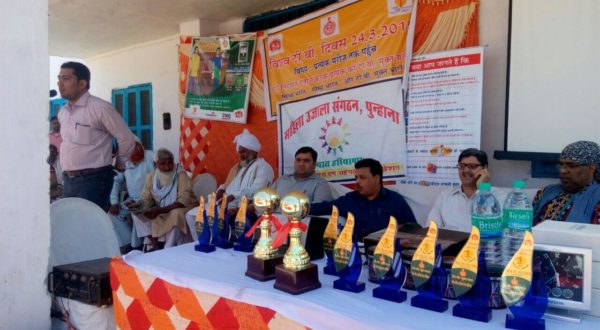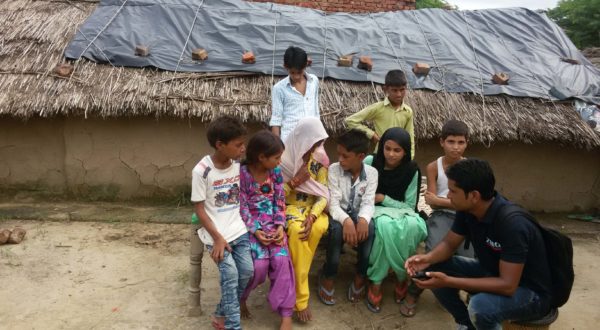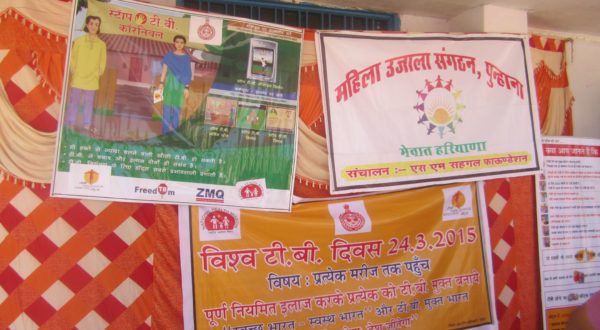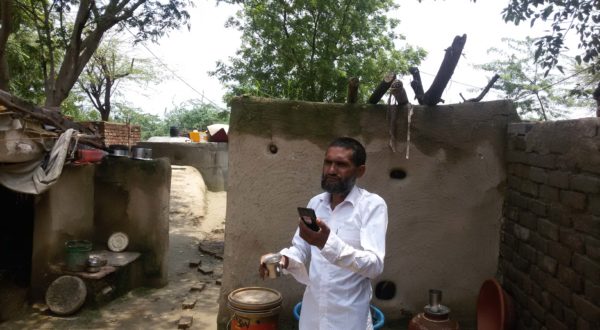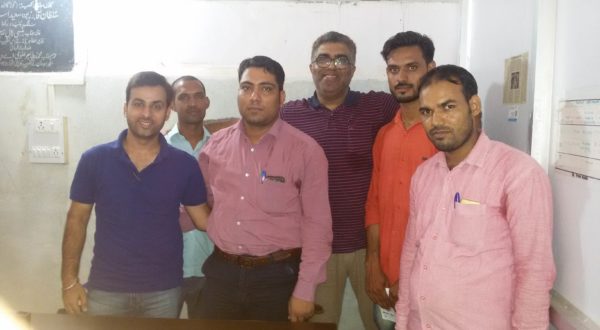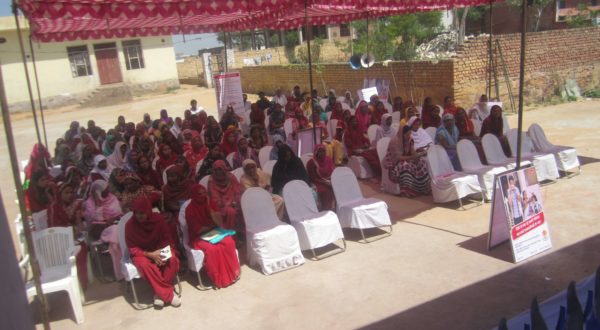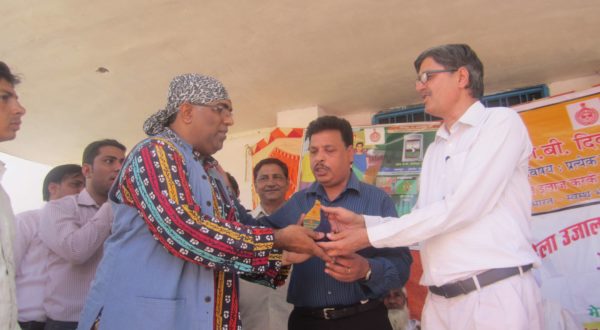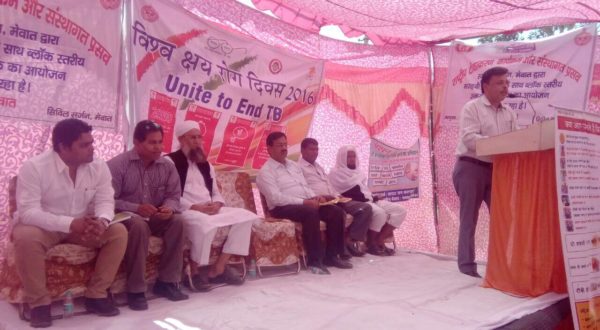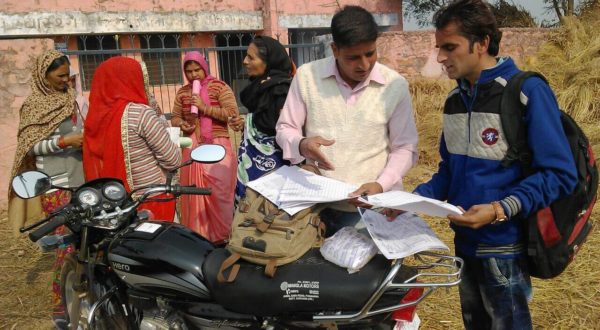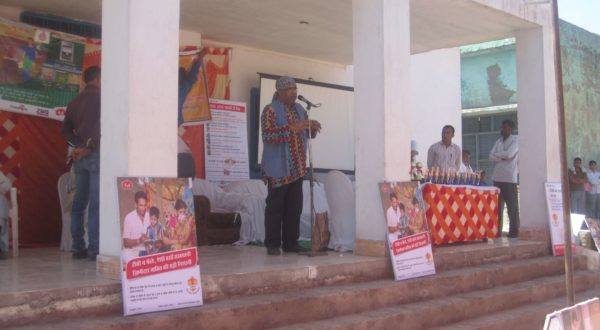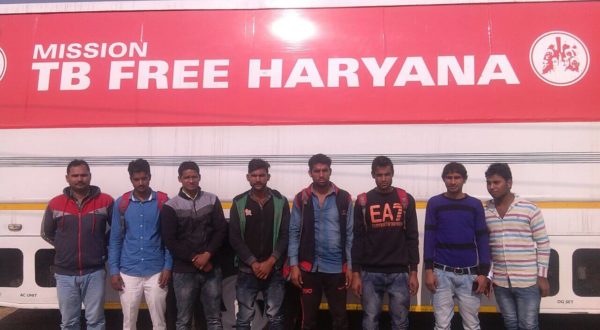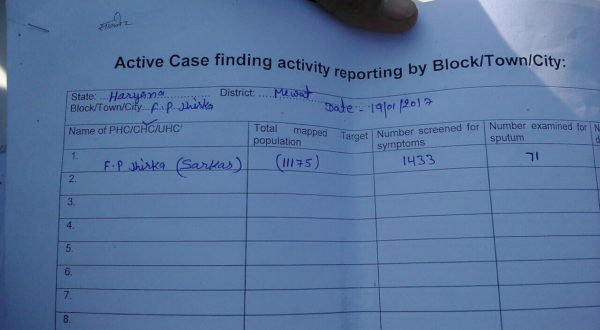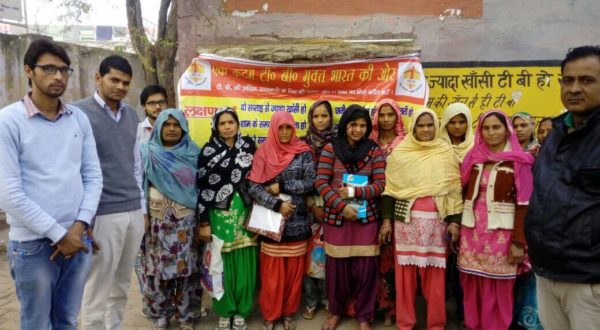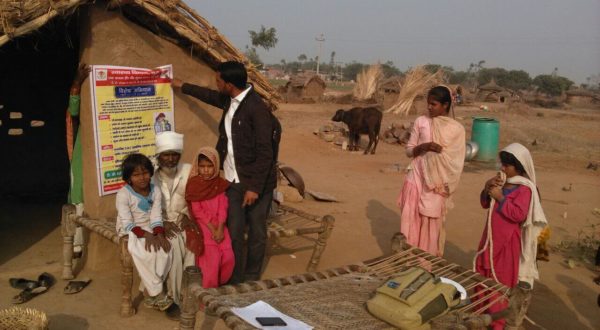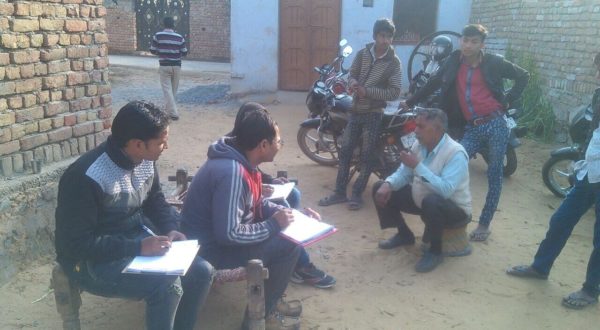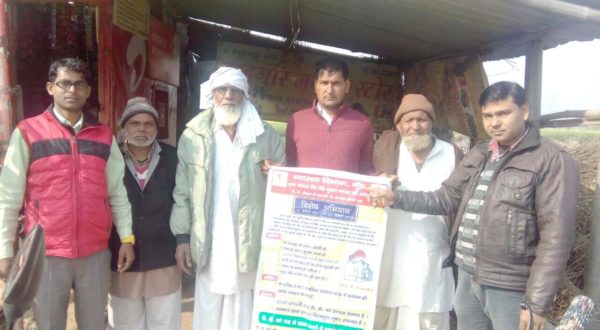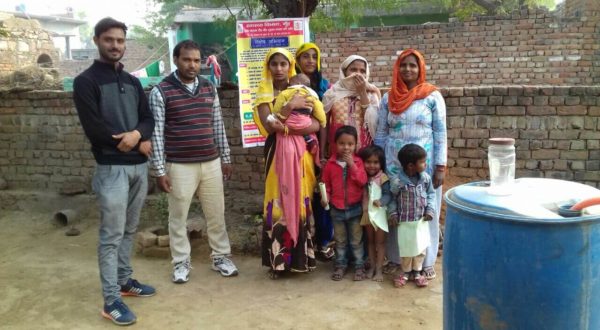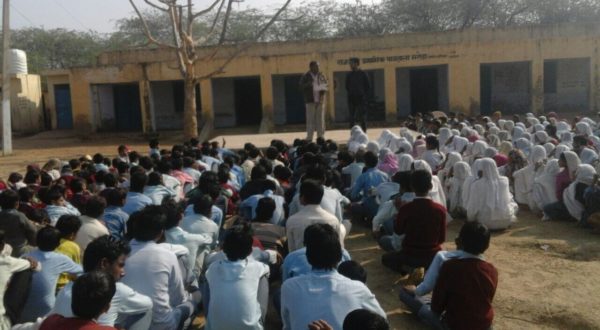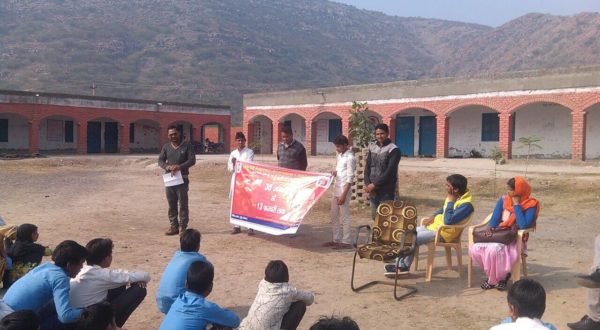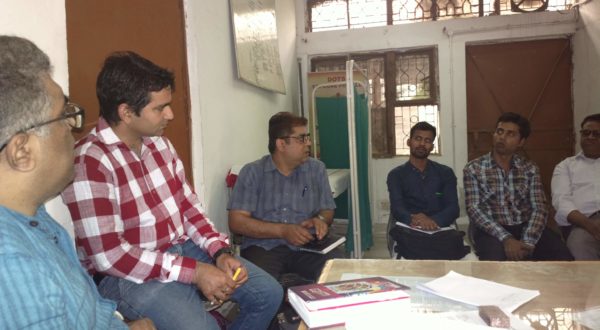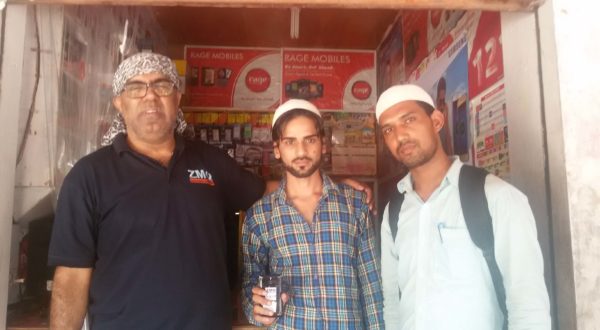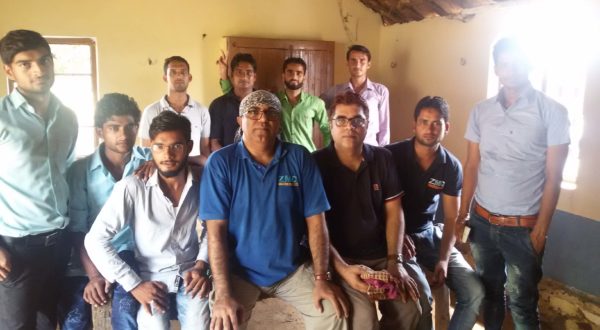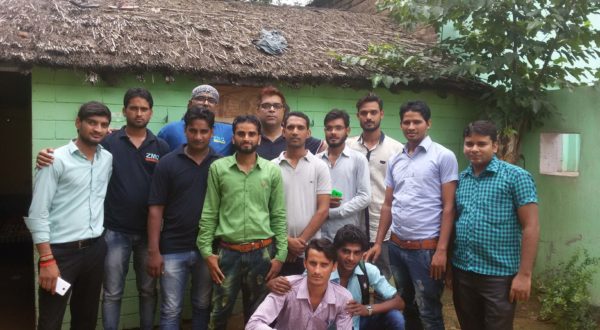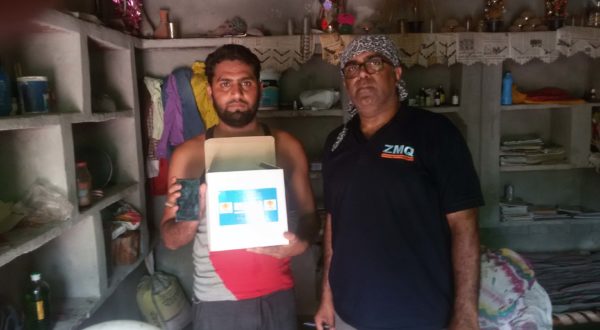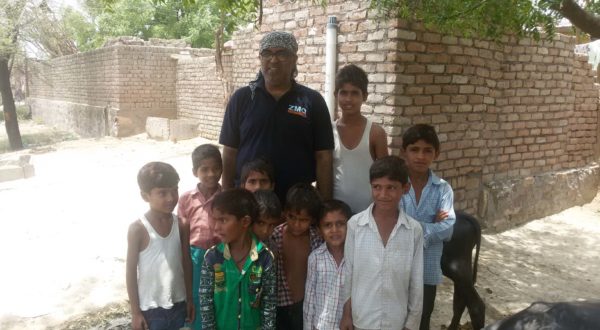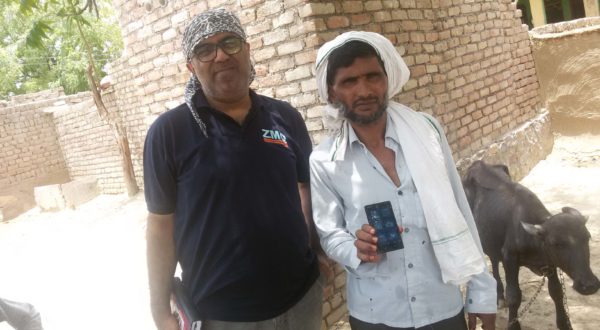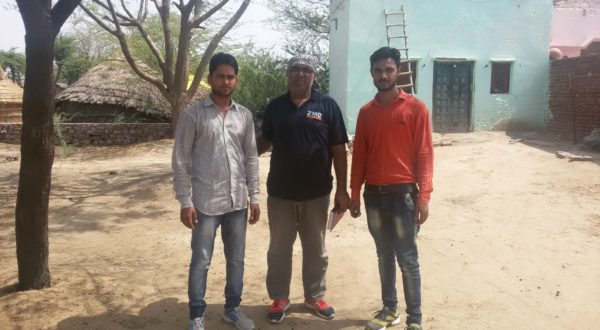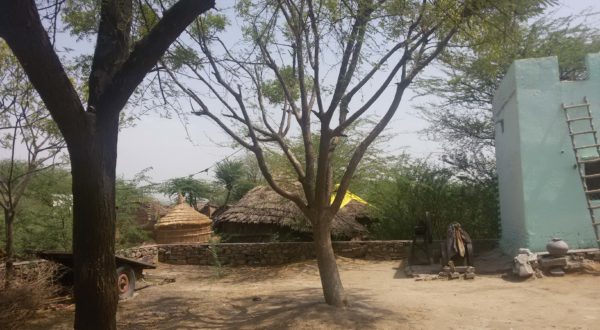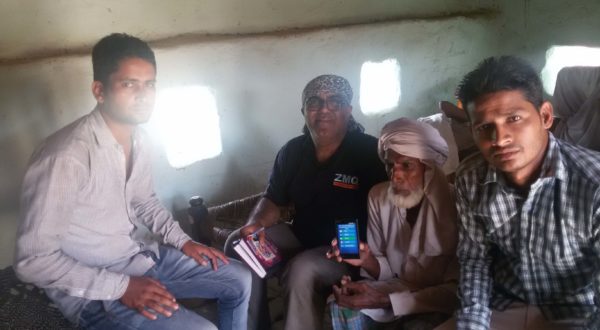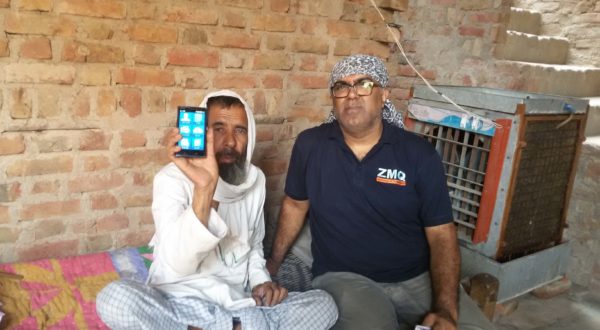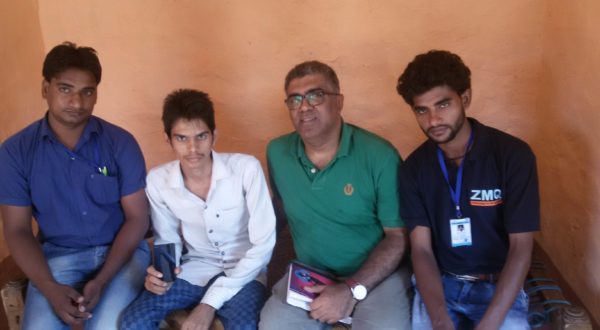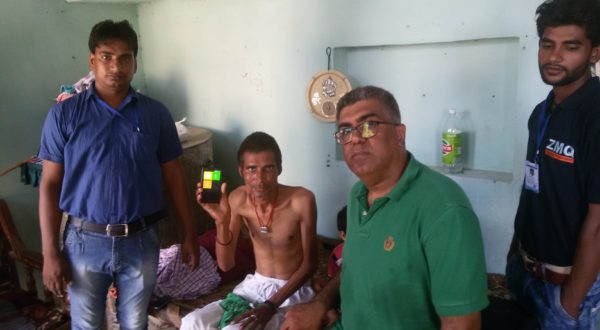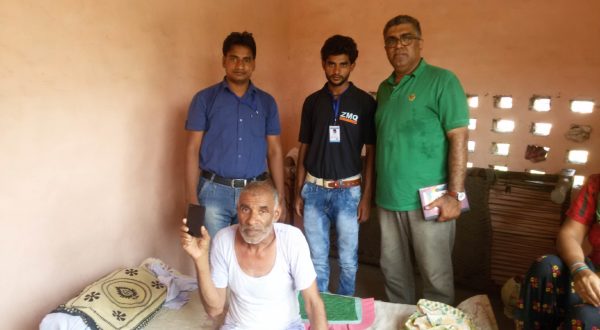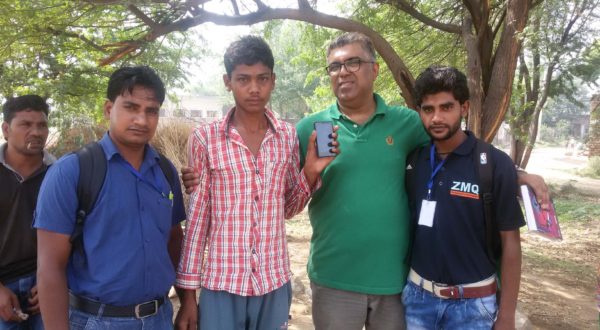Mewat (now known as Nuh) adjacent to District Gurugram, is a land of rich cultural heritage with historical background, located on the foothills of Aravali Mountains. The Mewat is a minority districts primarily comprising of 80% backward Meo Community, who trace their roots to the early Aryan invasion of Northern India and call themselves Kshatriyas. Gurugram district bounds it on its North, while Rewari district lies to its West and Palwal district to its East. On South, the district shares its boundary with the State of Rajasthan. Mewat is divided into five block called Firozpur Jhirka, Nagina, Nuh, Punhana and Tauru. The population of Mewat is around 1.089 million with very poor health indicators. Mewat Districts is under Haryana State TB office and have lowest TB indicators in terms of compliance, conversion and completion of treatment. Approximately 40,000 cases are detected for tuberculosis each year out of which approximately 14,000 patients comes out to be smear positive. (Haryana Health Department Report, 2015).
After completing pilot in 2014, ZMQ received a grant from USAID in 2015 to scale up the project in entire district. ZMQ implemented its project in all the 5 TB units namely Firozpur Jhirka, Nagina, Nuh, Punhana and Tauru, with 13 Designated Microscopy Centres (DMCs) , 21 Primary Health Centres (PHCs) involving 486 DOTS Providers and 5 Senior Treatment Supervisors.
ZMQ signed an MoU with State TB Office, Haryana and established a District coordinator and a team of 15 workers under the supervision of District TB Office, Mewat and then established a network of volunteers to implement the ground activities.
In the initial stage, training was given to the ZMQ staff and RNTCP staff on using toolkits on the ground and later all the toolkits are shared for establishment of Active Ground for ACTS. During its implementation, identification of key stakeholders like SHGs networks, influential religious leaders, health workers were done and a Health Mela was organized to inform people about the innovation. ZMQ partnered with local community radio “Alfaz-e-Mewat” and collected the inspirational stories from the grounds of Mewat and developed a digital interactive set on its “Your Story Teller” platform on Tuberculosis awareness and care, marking the solutions that came from the ground. We then tie-up with local Mobile Recharge Centres and disseminated it through with the support of Community Volunteers. Community absorbed the ideas very quickly and ZMQ and its initiatives became popular on the grounds of Mewat.
Meanwhile ZMQ patient toolkit was spreading its roots in the remotest areas of Mewat with the network support of Vodafone India foundation. Every patient was digitally connected and this huge interest showed a significant improvement in adherence up to 79% (average adherence by 2195 participants in the project) and sputum conversion rate of 86 % which resulted in scaling up again in 2016 with the grant support of USAID and DFID.
This time ZMQ was also involved in the studies like Active Case Finding (ACF) which was conducted by Government of India in January 2017. At this point ZMQ launched its TB Referral Toolkit on the ground. The toolkit was developed for the first level house-to-house screening and referral of suspects to nearest DMC for the sputum test. We believe that not only the toolkit but the conducive environment is important for altering the treatment taking behavior of the patients. ZMQ started conducting ACSM activities on the ground with community members and religious leaders. The programme is currently running on the ground and has reached out to more than 2500 TB patients with diverse case studies.

